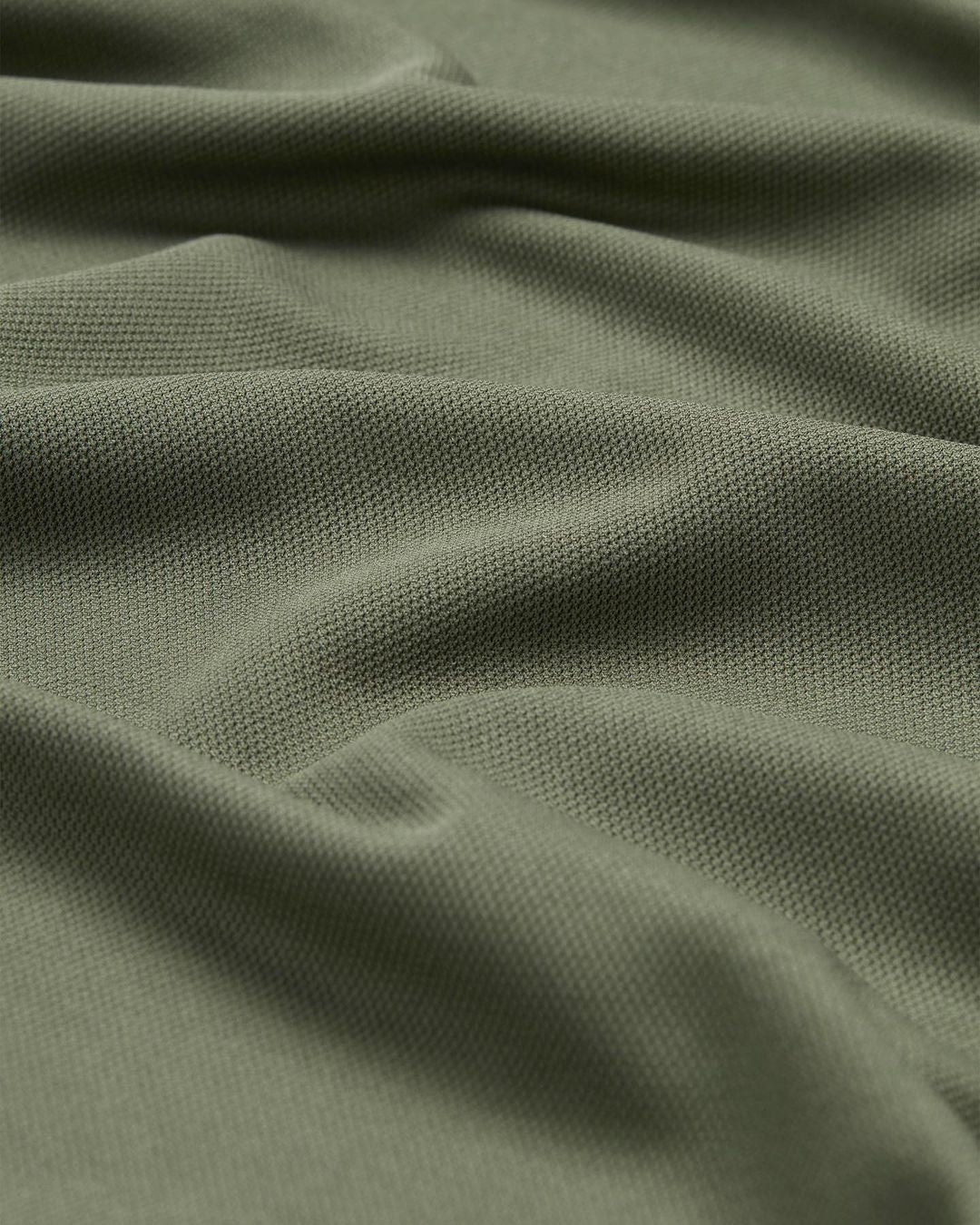
MEET OUR FABRIC
EcoNyla™
At 5AM, we're proud to introduce EcoNyla™, a high-performance fabric designed for sustainability and style. Made from 75% recycled nylon and 25% spandex, EcoNyla™ is soft, cool to the touch, and offers the perfect blend of stretch and support for any activity, our fabric moves with you, providing both comfort and durability.
-
Best for
Everyday Wear, Yoga, Pilates, Racket Sport, Casual
-
Feels like
Soft, cool, and lightweight with gentle compression.
-
Sustainability
EcoNyla™ is created with recycled materials, helping reduce waste and lower our carbon footprint. Designed to perform, built to last, and made to protect our planet.
-
Fit Tip
True to size for a secure, compression feel. If you prefer a more relaxed fit, we recommend sizing up.
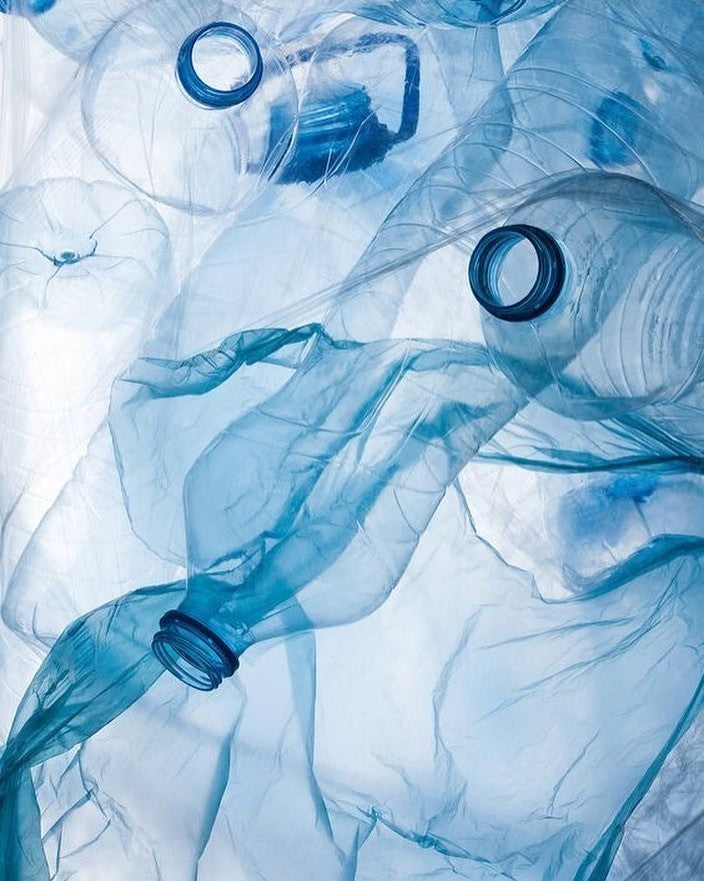
How do you turn old water bottles into clothes ?
Did you know that most activewear is made from synthetic materials derived from plastic ? At 5AM, we take a different approach by using recycled materials that would otherwise end up polluting the planet. It all starts with post-consumer plastic bottles, which are stripped of their labels, crushed into tiny chips, and meticulously cleaned.
Through a process called “polymerization”, these clean chips are transformed into a high-quality, recycled yarn. This method not only reduces the demand for petroleum-based fabrics but also helps divert plastic waste from landfills, creating sustainable activewear that’s soft, durable, and eco-friendly.
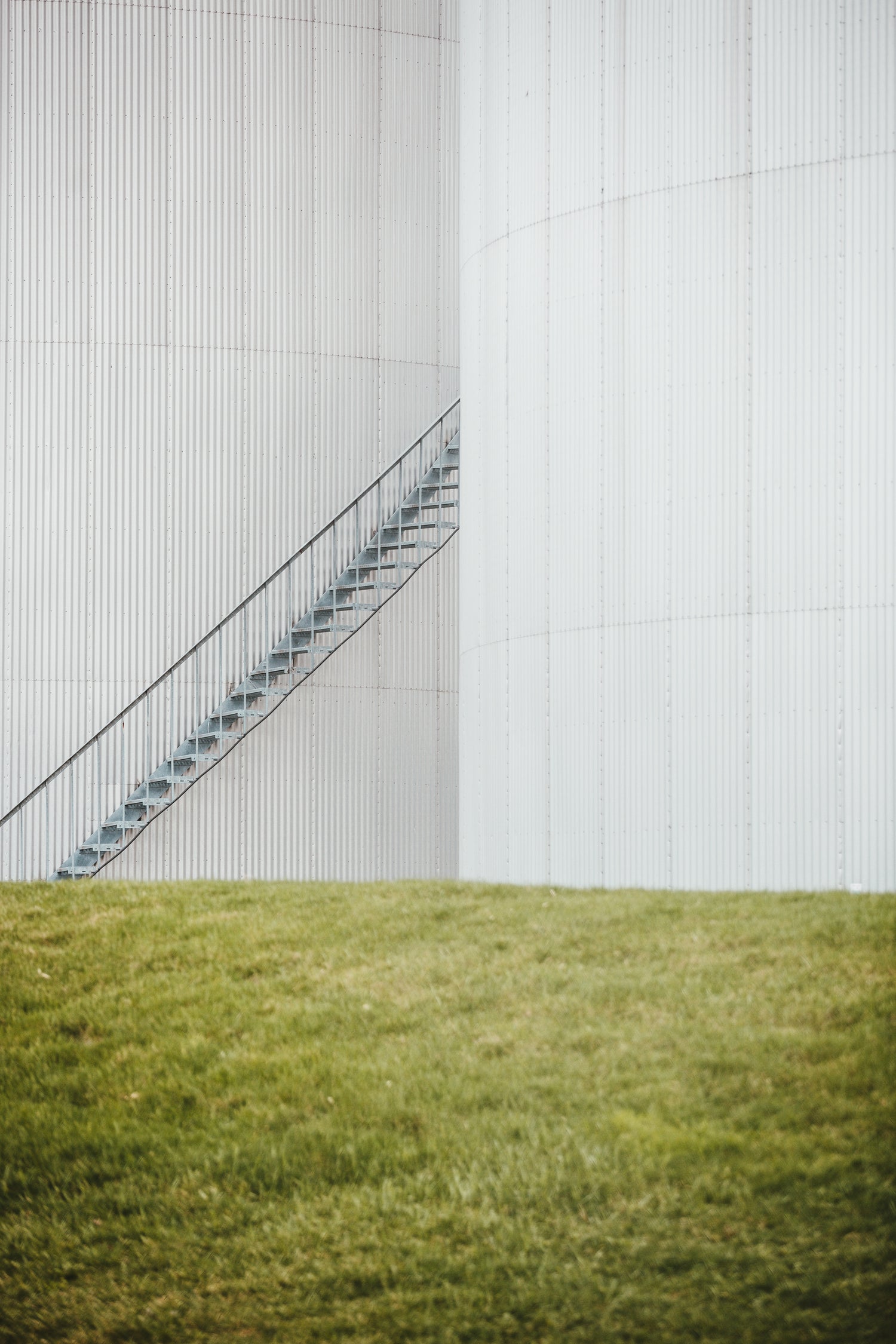
What is GRS ?
The Global Recycled Standard (GRS) is an international certification developed by Textile Exchange to ensure the authenticity of recycled materials in products. GRS goes beyond just verifying recycled content ; it also focuses on responsible social, environmental, and chemical practices throughout the production process. This certification covers the entire supply chain, from the recycling of materials to the final product, ensuring that the materials are genuinely recycled and produced under ethical conditions. GRS helps brands and consumers make more sustainable choices, offering transparency and integrity in products made from recycled materials.
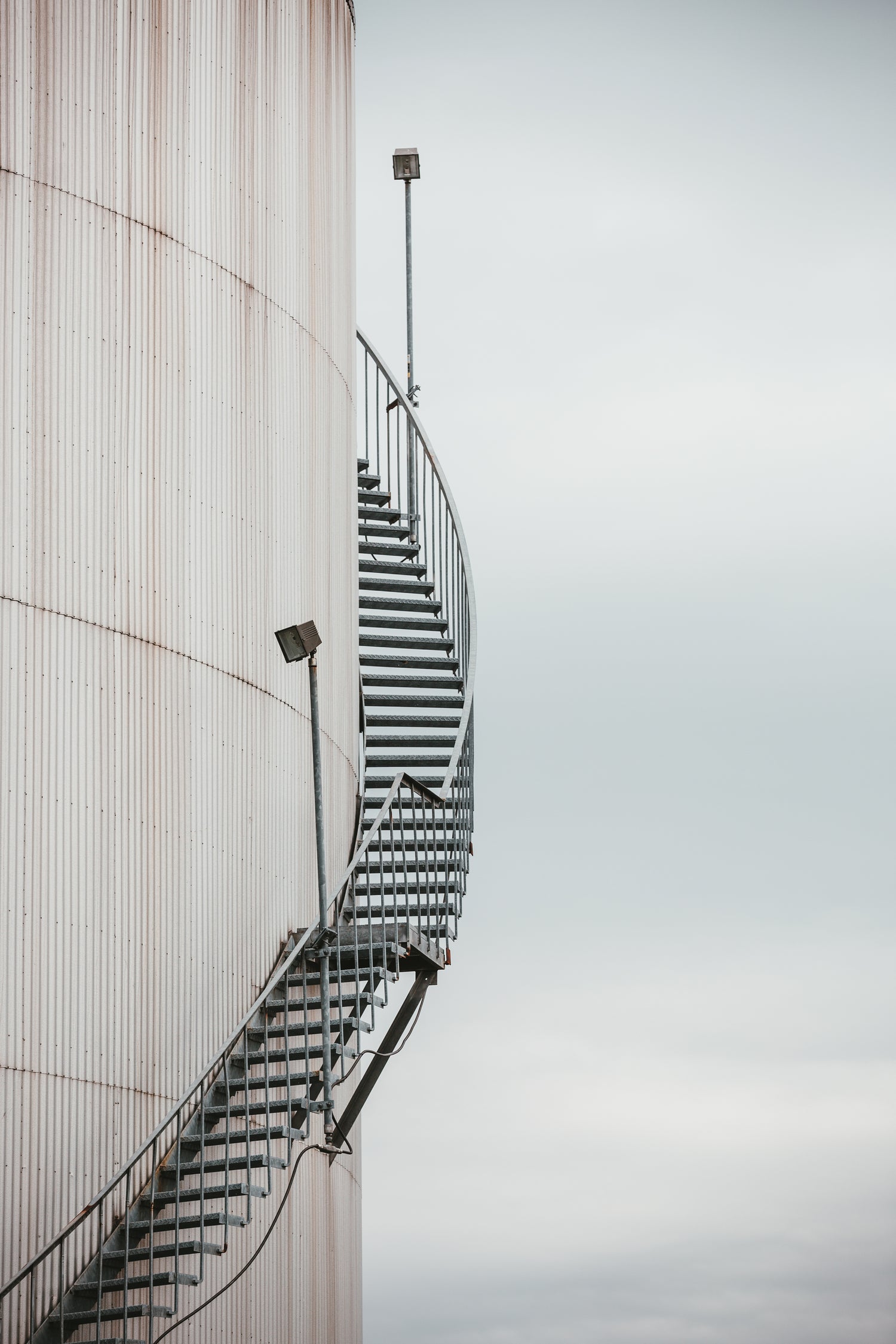
How do we know you’re really fair-trade and using recycled fabrics ?
We believe in complete transparency, and we’re proud to share our certifications with you. Our factory is GRS certified, ensuring that the materials we use are truly recycled and produced responsibly. This certification verifies that every step of the process, from the recycled materials to the final product, meets strict social, environmental, and chemical standards.
Additionally, we ensure ethical manufacturing practices, from fair wages to safe working conditions, as part of our commitment to sustainability. You can trust that every 5AM product is made with care for both people and the planet.
Is your recycled nylon BPA free ?
Yes, recycled nylon is generally BPA-free. Nylon itself, whether virgin or recycled, does not contain Bisphenol A (BPA), which is a chemical found in some plastics and epoxy resins, particularly those used in products like water bottles or food containers made from polycarbonate. Nylon is a type of polyamide, which does not rely on BPA in its chemical structure.
Therefore, recycled nylon, which is made from waste materials such as fishing nets, carpets, and other pre- and post-consumer waste, remains BPA-free unless there is contamination from another source during the recycling process.
Our recycled nylon has been thoroughly tested over the past 30 years for safety. So it’s definitely safe for your workout gear !
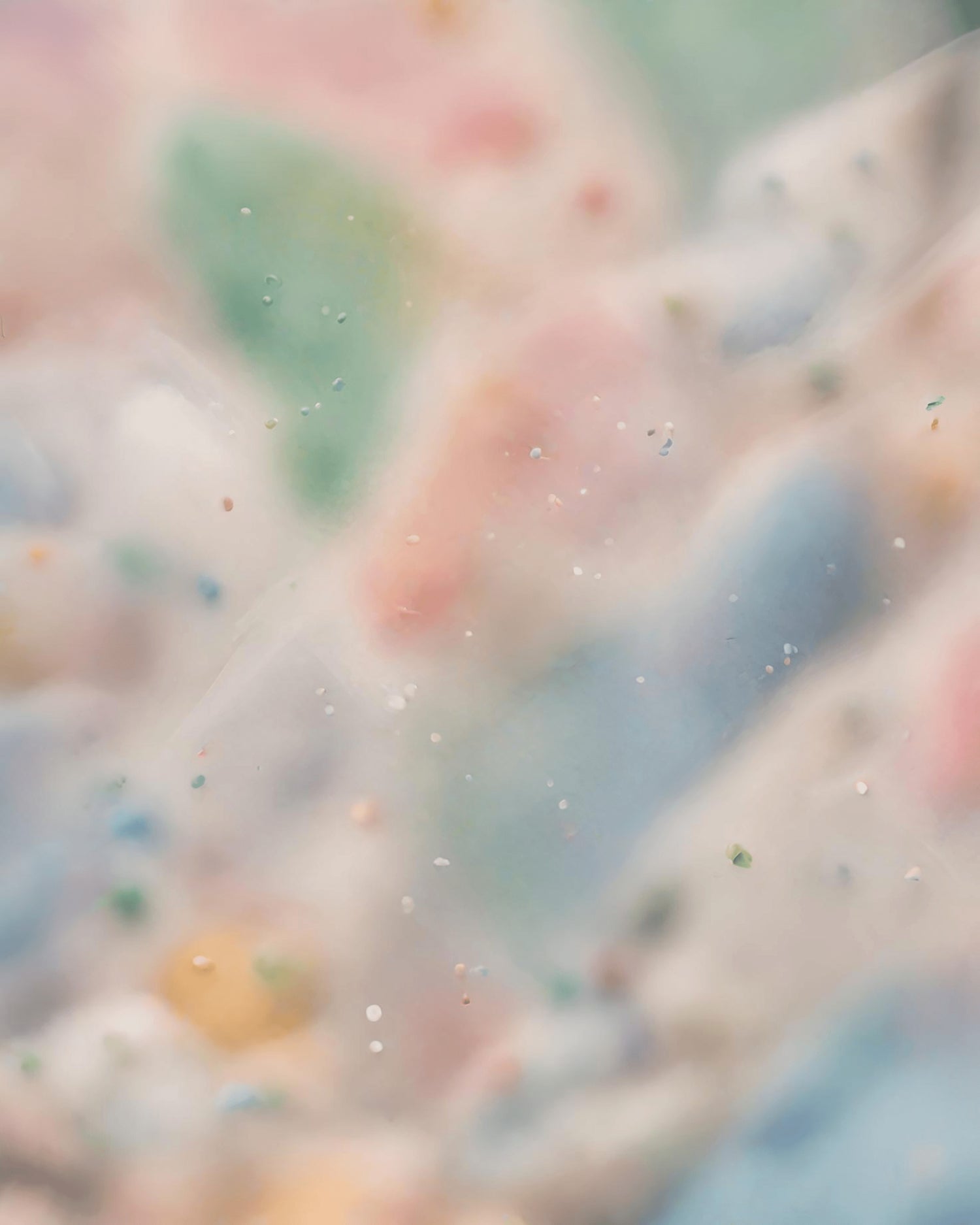
What can I do about microfibers ?
It’s true — synthetic fabrics shed tiny plastic particles called microfibers when washed, and the same goes for other fabrics, including cotton, which is worn by most people daily. The overall environmental impact is reduced due to the material being repurposed from waste, which helps reduce the reliance on virgin petroleum-based resources.
To mitigate microfiber shedding, consumers can use special laundry bags or washing machine filters designed to capture microfibers, or wash clothes less frequently and at lower temperatures. It’s a small step that can make a big difference in reducing plastic pollution and protecting our oceans.
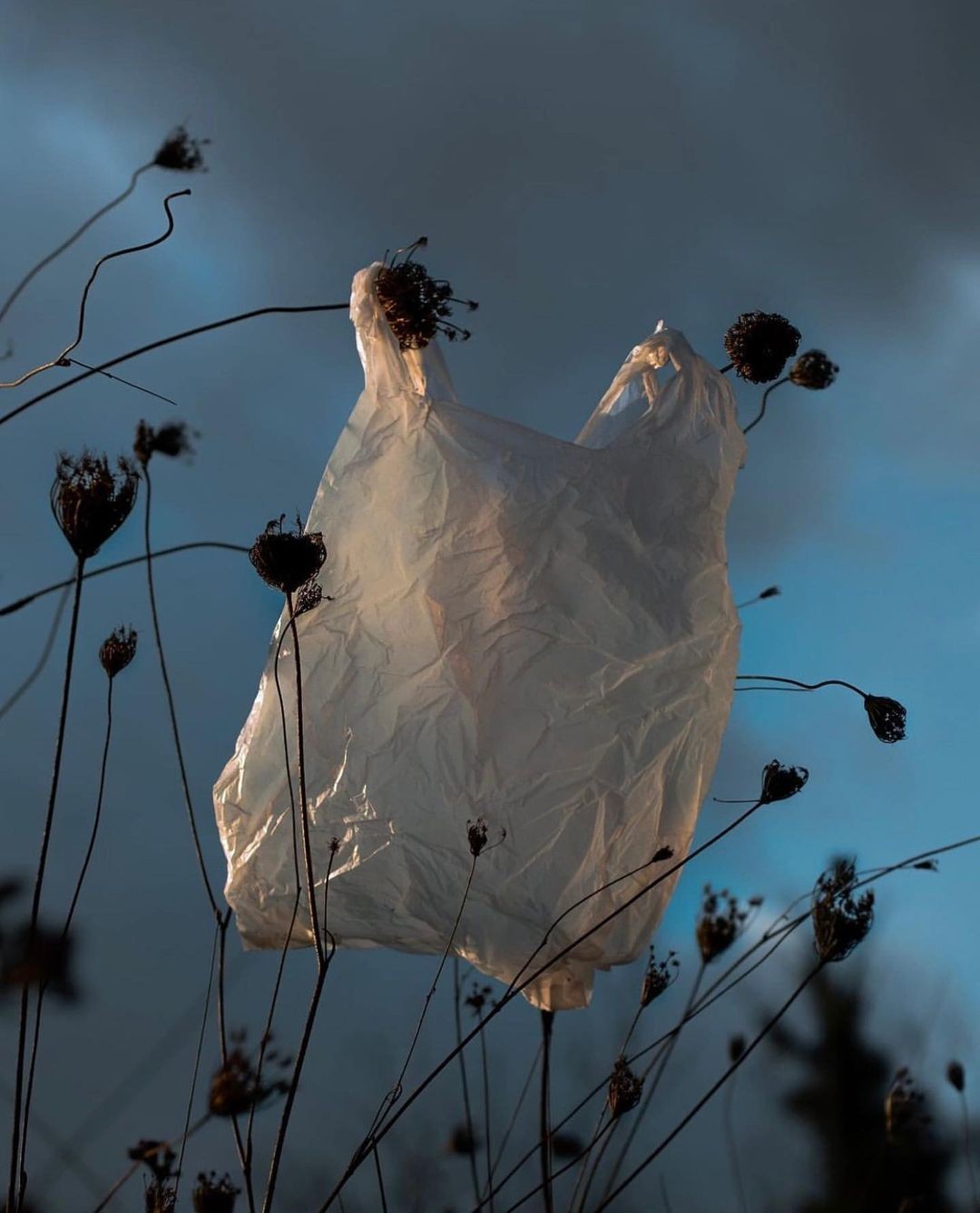
Where do you source your recycled nylon ?
Our recycled nylon is sourced from China, a global leader in recycling efforts. China has made significant strides in improving its recycling infrastructure and reducing environmental waste. Despite the challenges posed by being one of the largest producers and consumers of plastic, the country has developed advanced systems to recycle post-consumer plastic, including the plastic bottles used to make our fabric.
Local recycling programs in China focus on reducing waste and promoting sustainability by turning plastic waste into valuable materials like recycled nylon. By sourcing our materials from China, we support these large-scale recycling initiatives and contribute to reducing plastic waste while ensuring a sustainable supply chain.
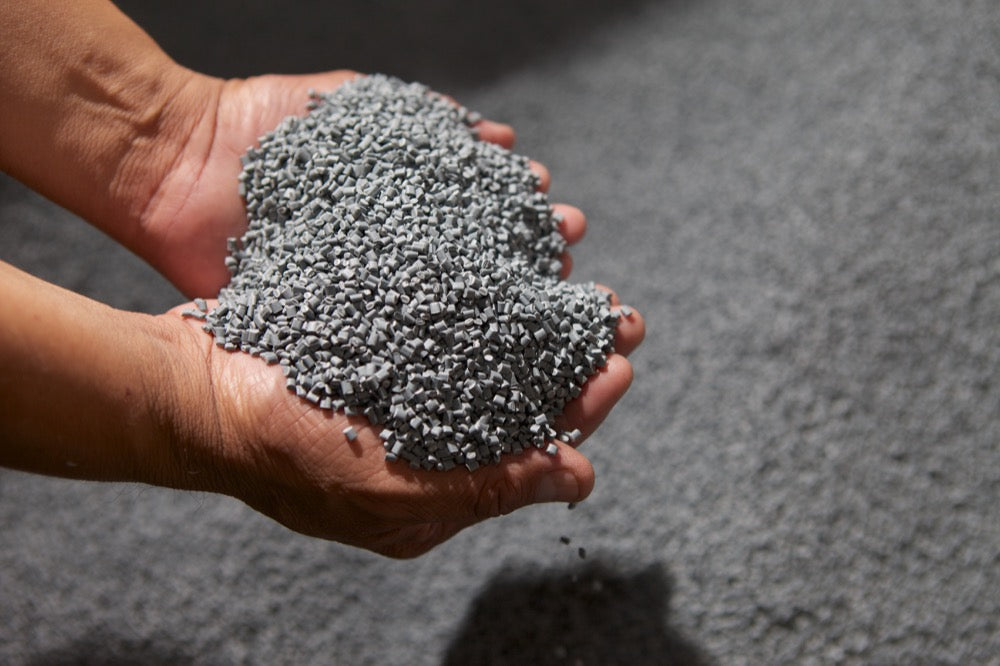
What happens after the plastic bottles are processed?
Once the plastic bottles are sorted into categories based on their type, the ones we use are sent to a specialized processing center.
At the center, the bottles are thoroughly cleaned, sorted, and chipped into tiny pieces known as feedstock. Our processing facility in China is a trusted, well-established operation with years of expertise in the recycling industry. It’s certified by local authorities, ensuring strict oversight and accountability at every step, from the amount of plastic collected to how much is processed and shipped out. This ensures that the recycled materials we use meet the highest standards for sustainability and quality.
How do you make plastic bottles into fabric?
Once our spinning mill receives the chips from the recycling center, they go through an additional wash and drying process. After drying, the chips are stored in silos before being sent to a machine where they’re heated and extruded into thick, spaghetti-like strands. These strands are then chopped into small pellets, which are reheated and extruded again to form ultra-fine threads. These threads are spun together to create our yarn.
The yarn is wound onto large bobbins, packaged, and sent to our knitting factory. Our knitting process is unique, producing fabric that is softer and more stable than traditional single-jersey fabrics. This precise method takes time, with each knitting machine capable of producing enough fabric for only about 100 pairs of leggings in a 24-hour period. The result is high-quality, eco-friendly fabric that’s both soft and durable.